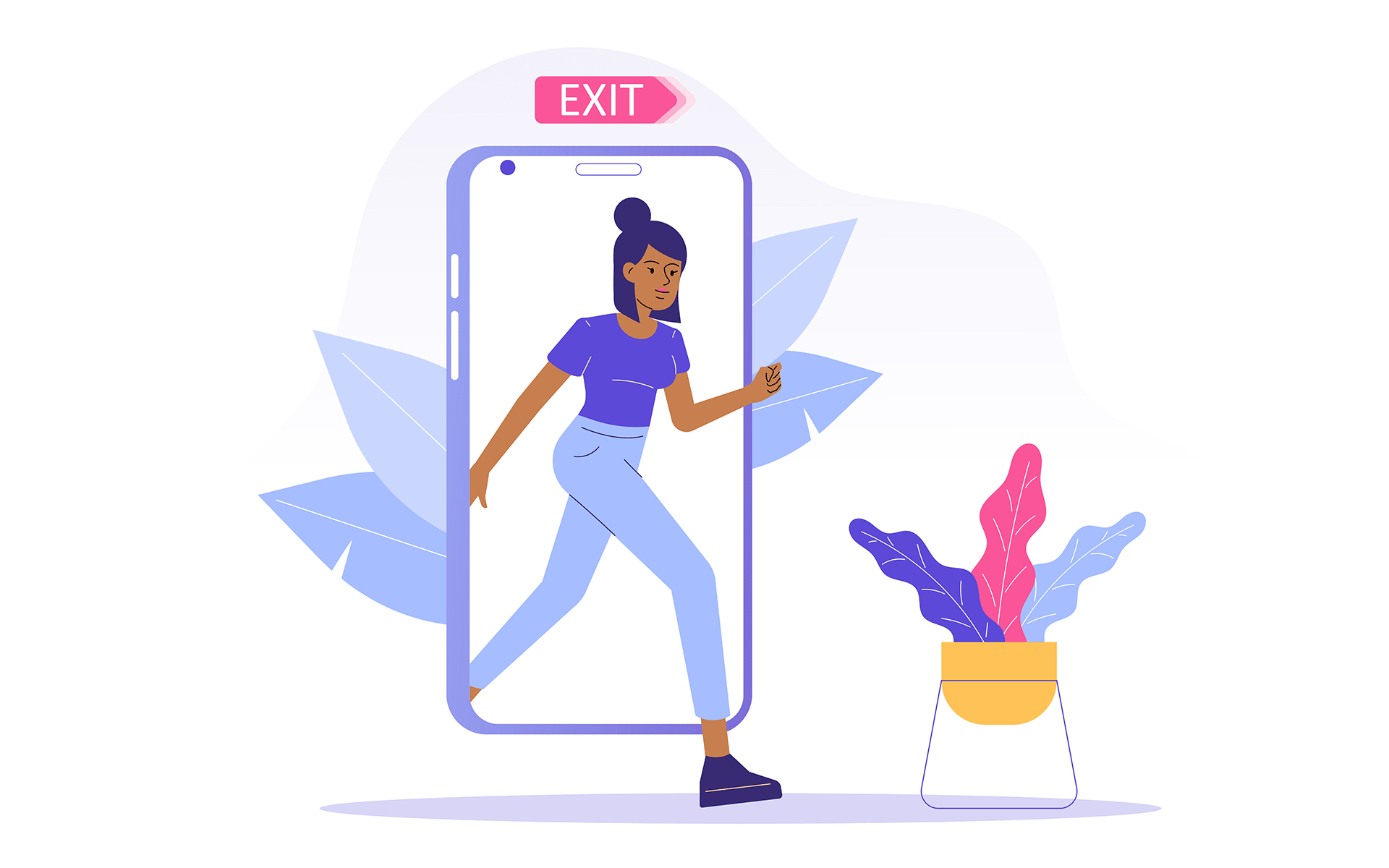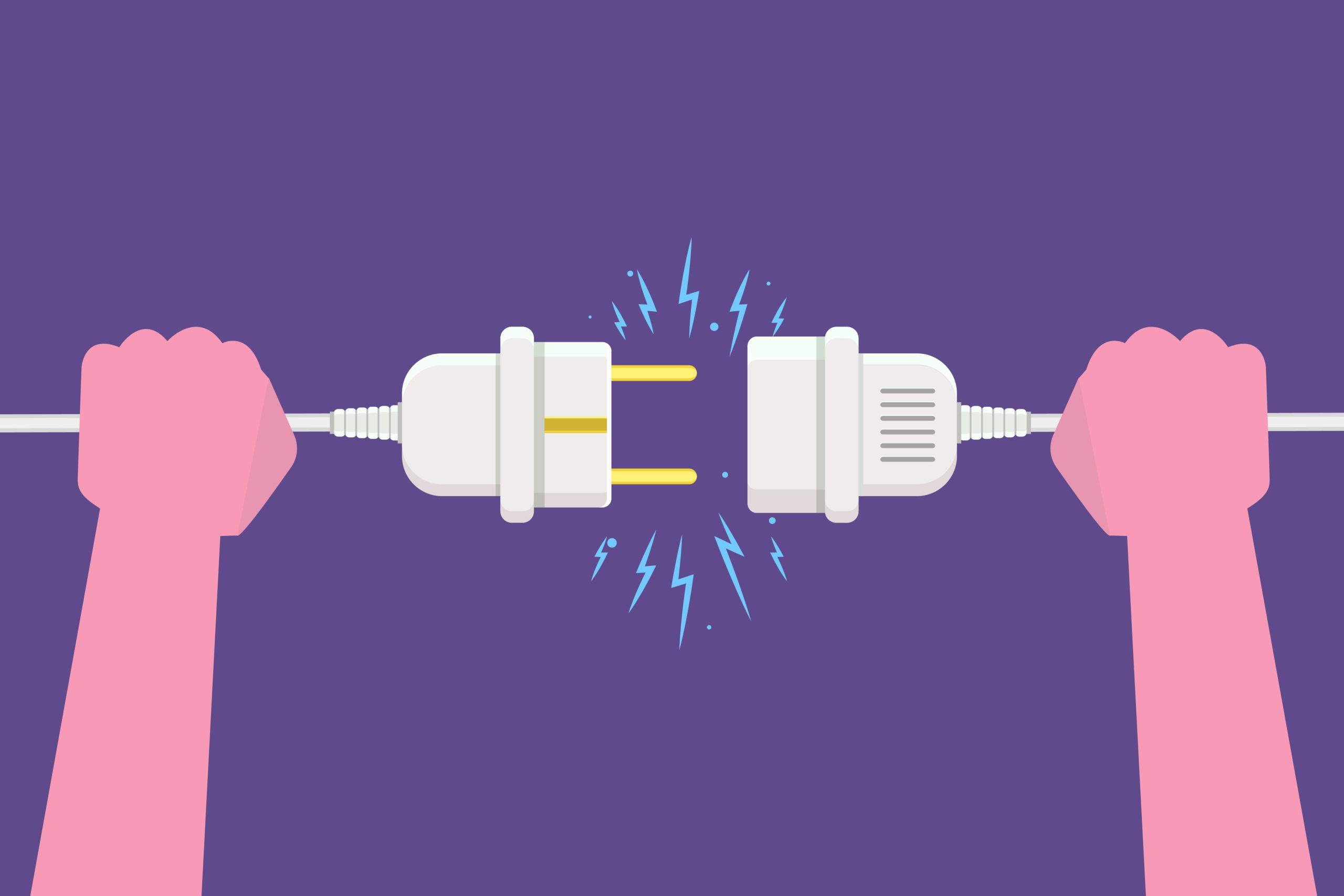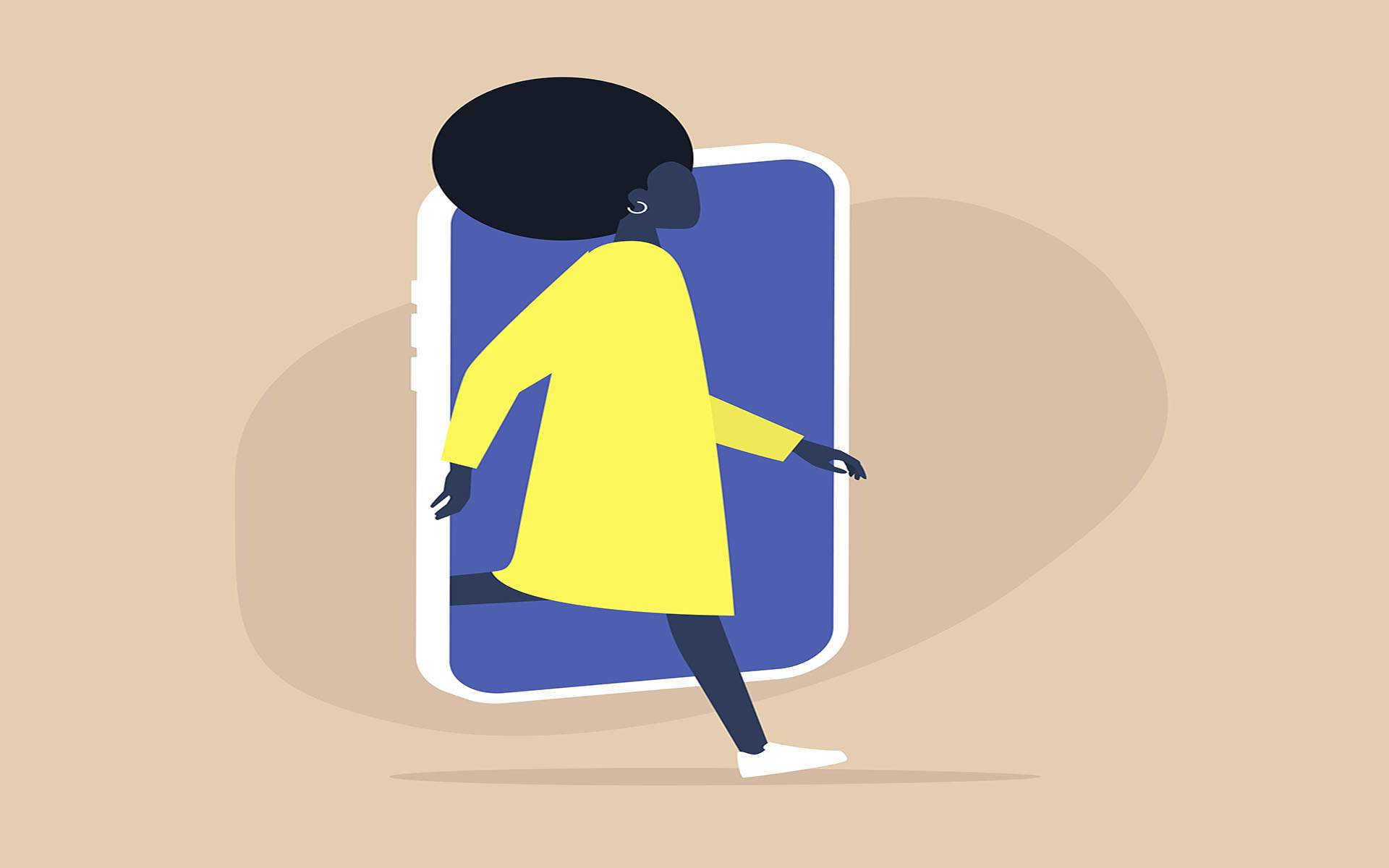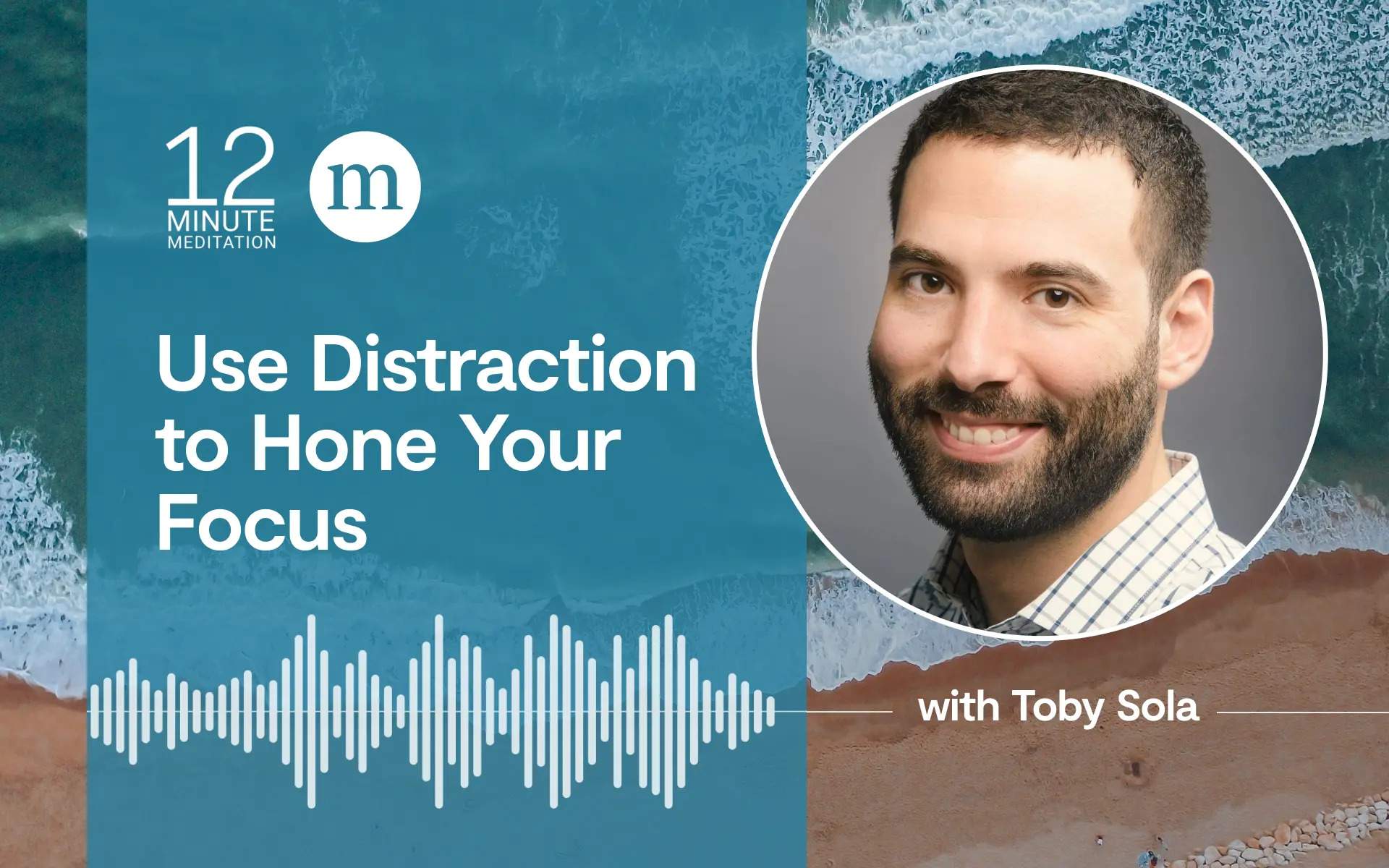“There are eight million stories in the naked city, and this is one of them.” These were the narrator’s words that opened the 1948 movie The Naked City, and when I was growing up they had become a campy catchphrase you heard often when someone recounted a bizarre occurrence. The number, though, vastly underestimates the number of stories in a city of eight million, since each of those people is making up multiple stories each day, as well as replaying and rehashing loops of stories they’ve ingested throughout the day. Each person may be a nexus of hundreds of stories each day.
We thrive on stories, and we live in an age when we are assaulted by uncountable news and entertainment sources vying for space in our minds. We are told things, and we paint pictures based on them. In year one of the pandemic, a reporter living in Nova Scotia filed a story for The New York Times about how the place was a blissful safe haven from COVID-19, where citizens frolicked freely. Not long after, a variant strain hit and Nova Scotia went on a severe lockdown. Around the same time, The New Yorker published a lengthy piece on how India had astoundingly avoided the worst of COVID-19, not long before India became the worst-hit place on earth. Lots of stories clearly have very short best-by dates. Why do we even bother?
There’s a beauty to storytelling that goes back to cave painting, bards singing epics to rapt listeners huddled around a fire, and sacred books with their fantastical cosmologies.
Because we love a story. It can neatly organize the chaotic, impermanent mishmash of life into a coherent arc. There’s a beauty to storytelling that goes back to cave painting, bards singing epics to rapt listeners huddled around a fire, and sacred books with their fantastical cosmologies. They enrich life, and can be a great source of healing and insight, when they help to open our eyes to something we had not seen or understood.
Our love of stories comes at a cost, though. We too easily forget that stories are secondhand knowledge— including the stories we tell ourselves in the form of catastrophizing, harsh self-judgment, or grandiosity. And including the stories that come to us through media, a word whose meaning too often eludes us. Media refers to people and devices in the middle. They report and transmit to us accounts about things we have not seen or heard ourselves. They sit between us and firsthand knowledge.
Take a Break From Screens
The more time we spend engrossed in the stories we’re telling ourselves and in mediated stories, the further we may drift from firsthand experience. We look at a screen as if we’re looking at the world itself, but the tangible world is not digital, it is whole. We live in an analog world. That’s where our food, clothing, and shelter come from.
As much as possible, it seems good for us to find time for firsthand, analog, holistic experience, to fully hear and feel ourselves breathing, to detect the rhythm of our beating heart, to notice thought as thought, as something magical that emerges to be beheld gently and tested. We need real experience. Wind and water on our face and blowing through our hair, our eyes caught up in the color display of plant life, our ears enchanted by the myriad sounds of wildlife.
When we can more frequently ground ourselves in firsthand experience, while still brimming with stories, we may hold them much more lightly, seeing their fleeting and transparent quality. We may know what we don’t know: that there’s another side to every story, that there is the rest of the story, the part that’s uncertain. Mindfulness provides
this kind of perspective. We retreat not from somewhere—the stress and strain of our life—but rather to somewhere: the land of knowing firsthand where and who we are.
READ MORE
How I Unplug From Social Media in One Second
Mindful’s managing editor Stephanie Domet explains how she reclaimed ninety minutes a week from mindlessly scrolling through social media. Her secret: being reminded to take a deep breath.
Read More
It’s Time to Break Up with Your Phone
Catherine Price shares a seven-day plan to replace technology overload with clarity and intention
Read More
Feeling Overconnected? Here are Simple Ways to Unplug
As much as we'd all like to escape from our technology, oftentimes the demands of work don't give us the choice. Elisha Goldstein gives advice on how to use our digital devices to actually support us in our mindfulness practice.
Read More










